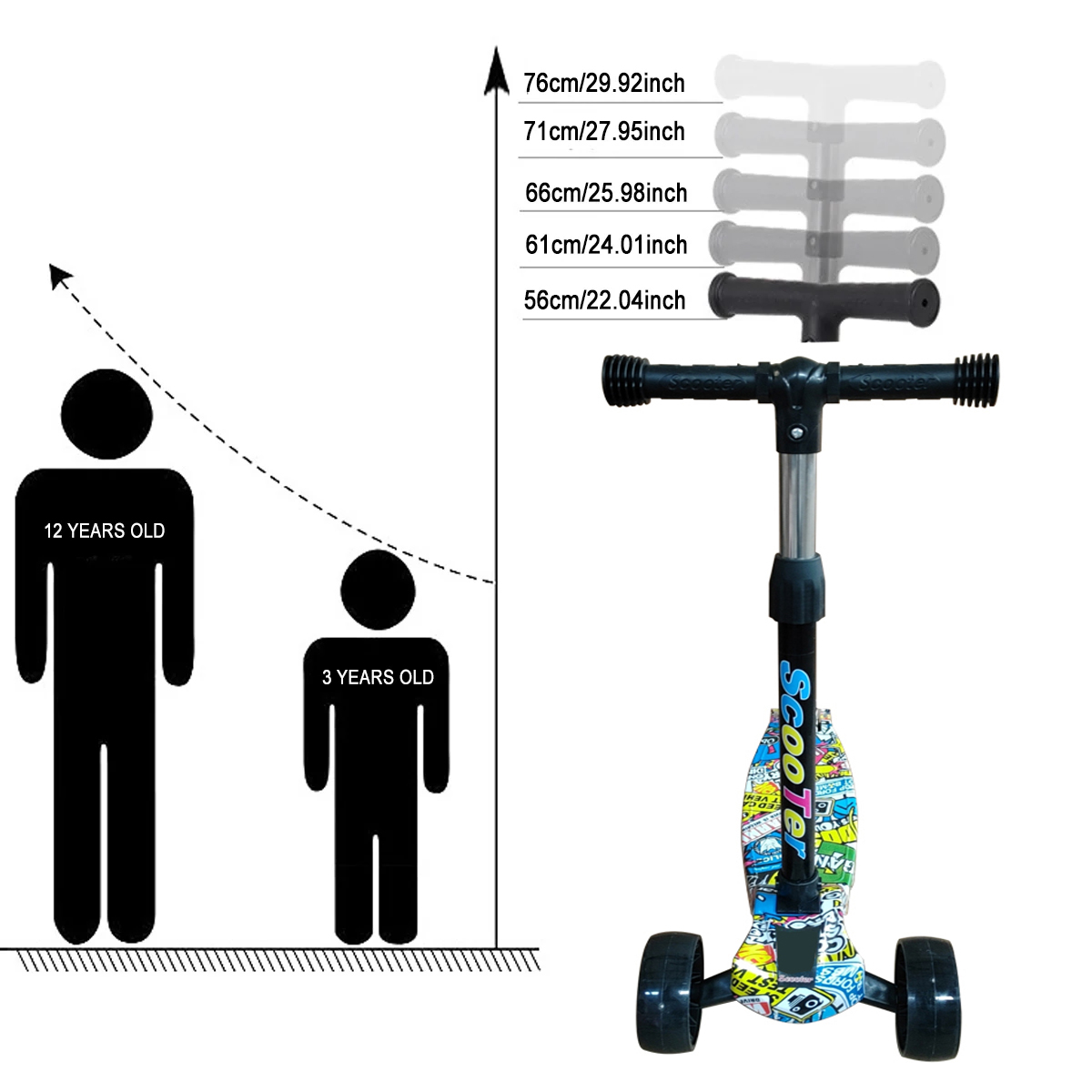The Great Scooters Revolutionizing Urban Mobility
In recent years, scooters have transcended their traditional image as mere toys for children and have emerged as a viable, eco-friendly mode of transportation for adults in urban areas. The rise of electric scooters, in particular, has transformed the landscape of urban mobility, providing an efficient, cost-effective, and sustainable alternative to cars and public transport. This article delves into the phenomenon of scooters, their benefits, challenges, and their role in shaping the future of urban travel.
The Evolution of Scooters
The scooter has evolved significantly since its inception in the early 20th century. Initially, scooters were simple wheeled contraptions powered by foot propulsion, primarily enjoyed by children. The 21st century, however, has seen the introduction of electric scooters, which operate on rechargeable batteries and can reach speeds upwards of 15 to 20 miles per hour. Companies like Bird, Lime, and Razor have popularized these devices through user-friendly smartphone apps, allowing riders to locate, rent, and pay for them seamlessly.
Benefits of Scooters
One of the most significant advantages of scooters is their environmental impact. As cities grapple with climate change and air pollution, electric scooters present an eco-friendly alternative to gas-powered vehicles. They produce zero emissions during operation and can substantially reduce urban traffic congestion. Studies have shown that the widespread adoption of scooters can lead to decreased car usage, resulting in lower greenhouse gas emissions and improved air quality.
Another benefit is their cost-effectiveness. Owning a scooter is often much cheaper than maintaining a car, especially in urban environments where parking is expensive, and public transport options may be limited. Riders can enjoy the flexibility of scooter travel without the long-term financial commitment associated with car ownership. Additionally, the on-demand nature of scooter rentals means users only pay for what they use, which is ideal for occasional riders.
Scooters also address the last mile problem—an issue faced by many commuters trying to reach their final destinations from public transport hubs. With the availability of scooters, users can easily and quickly cover short distances that may be inconvenient to walk, providing a seamless transition from public transport to their ultimate destinations.
great scooters

Challenges and Concerns
Despite their many benefits, the rise of scooters is not without challenges. Safety concerns regarding rider injuries have been a significant topic of discussion. Many cities have reported an increase in scooter-related accidents, prompting calls for regulations surrounding helmet use, speed limits, and designated riding areas. Additionally, the presence of scooters on sidewalks can create hazards for pedestrians, resulting in calls for clearer regulations on where scooters can operate.
Moreover, the issue of irresponsible parking has led to cluttered sidewalks and barriers for pedestrians. Cities have responded with regulations to promote responsible parking and have implemented geofencing technology to manage where scooters can be ridden and parked. However, enforcing these rules and ensuring compliance among users remains a challenge.
The Future of Urban Mobility
As cities continue to grow, the demand for effective and efficient transportation solutions will only increase. Scooters, with their ease of use, affordability, and minimal environmental impact, are poised to play a crucial role in the future of urban mobility. Innovations in technology, such as improved battery life and smart routing applications, will further enhance the user experience and safety of scooter travel.
Moreover, as more cities understand the benefits of integrated transport solutions, we may see increased collaboration between scooter companies and local governments. This partnership could lead to the development of infrastructure tailored to scooters, such as dedicated lanes and parking areas, ensuring that both riders and pedestrians can coexist safely and conveniently in urban environments.
In conclusion, the emergence of scooters represents a significant shift in urban transport, enabling greater mobility while promoting sustainability. As cities adapt to this trend and tackle the challenges ahead, scooters will undoubtedly continue to play an influential role in shaping the future of urban travel, making our cities more livable, accessible, and environmentally friendly.
-

 Scoot&RideKids Child Kick Push Scooter 3 Wheels with LED Flashing Tilt Lean Boys Girls Scooter
Scoot&RideKids Child Kick Push Scooter 3 Wheels with LED Flashing Tilt Lean Boys Girls Scooter




- 4
$33.17 -

 Scoot&RideKids Scooter Child Kick Flashing LED Light Up 3 Wheel Push Adjustable Folding 3
Scoot&RideKids Scooter Child Kick Flashing LED Light Up 3 Wheel Push Adjustable Folding 3- 0
$25.52 -

 Scoot&RideKids Scooter Child Kick Flashing LED Light Up 3 Wheel Push Adjustable Folding 2
Scoot&RideKids Scooter Child Kick Flashing LED Light Up 3 Wheel Push Adjustable Folding 2- 0
$33.17 -

 Scoot&RideKids Scooter Teens Foldable Kick Push Scooter Adjustable Height Safe 2 Wheels
Scoot&RideKids Scooter Teens Foldable Kick Push Scooter Adjustable Height Safe 2 Wheels




- 4
$49.99
Meet our partners and discover what powers their creativity!
When you register for a Lohas scooter, you will receive a 10% discount on your first order and can be notified of sales, new product launches and other offers in advance.









